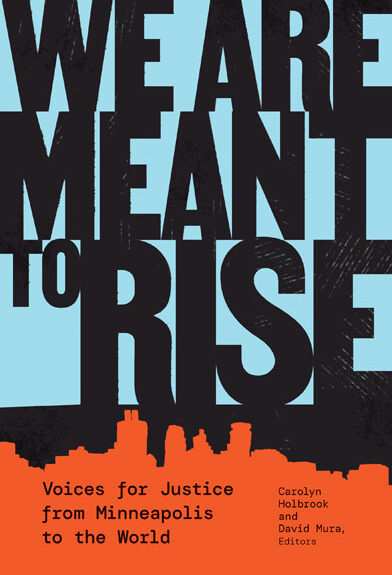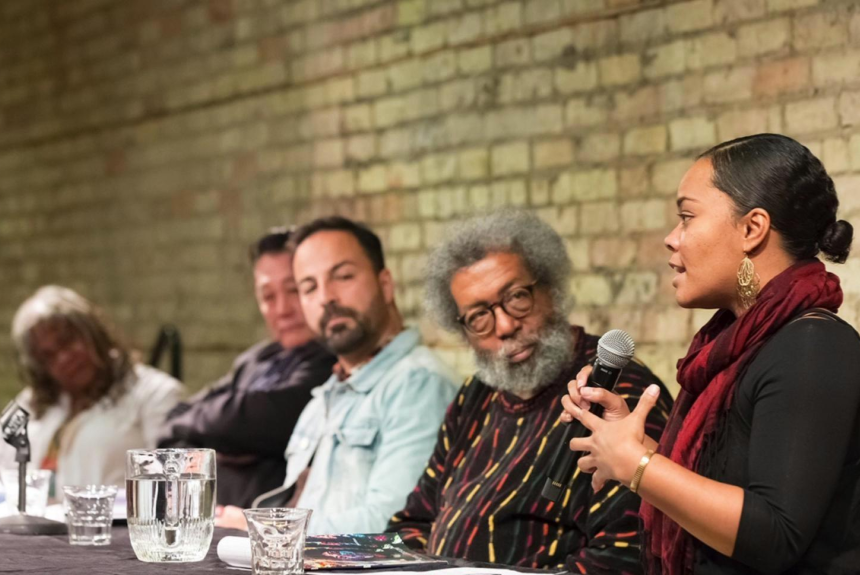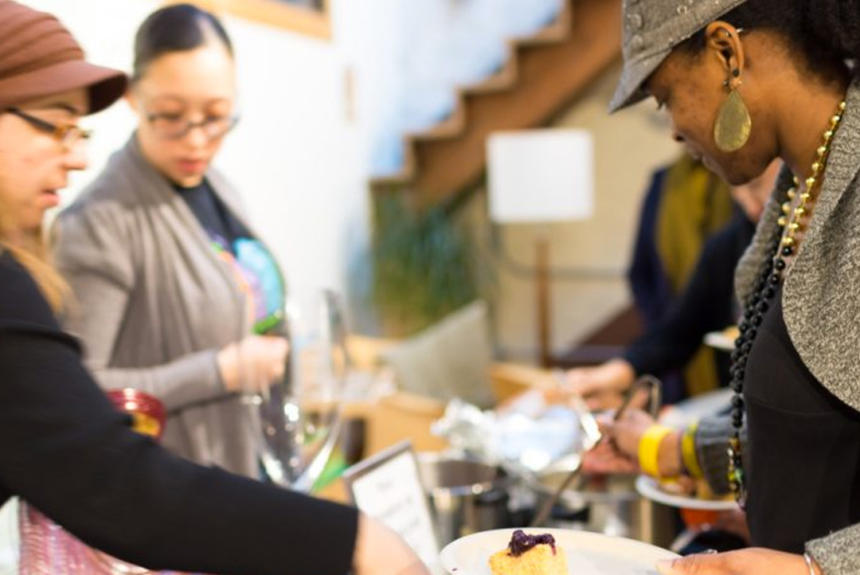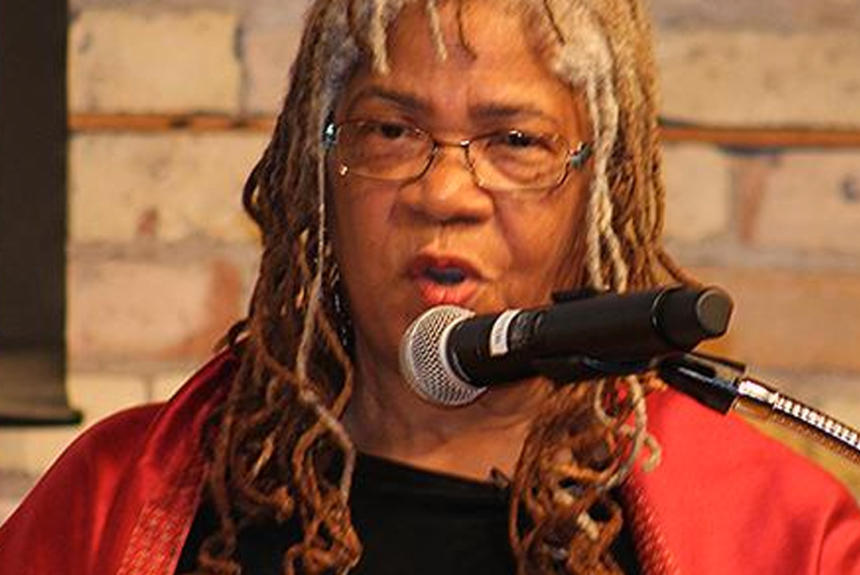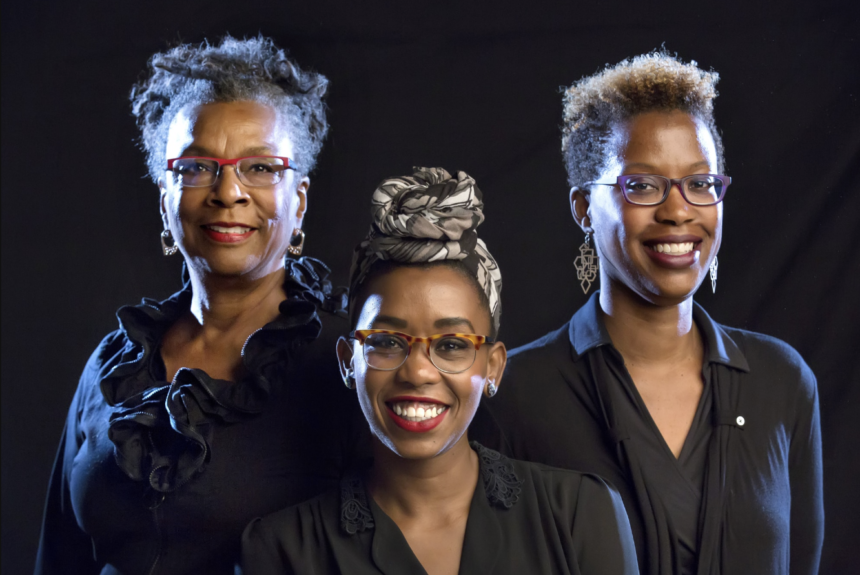Full Review of “We Are Meant to Rise” in Star Tribune Praises Diverse Perspectives
A full review of We Are Meant to Rise was published last week in the Star Tribune, written by Lorraine Berry. Read the article here. The review praises the anthology’s timeliness, and describes the context of its creation: in large part, the COVID-19 pandemic. Berry describes a few of the pieces that stood out to her, by Mona Susan Power and Ed Bok Lee, and praises its diverse stories as a “broadening of the world after so many months of contraction.” Watch the video of the anthology’s release event here, and order a copy online or at your local bookstore!

